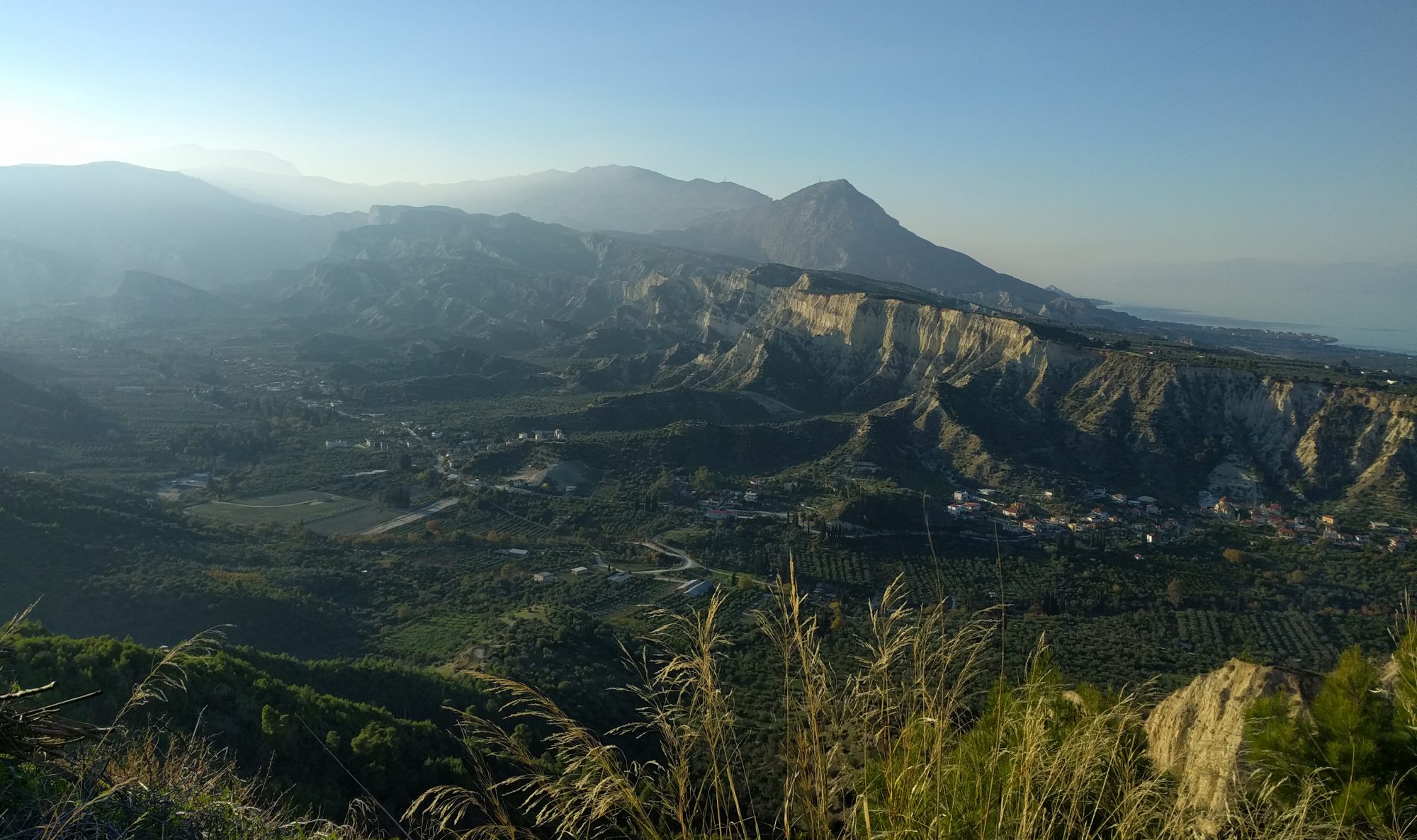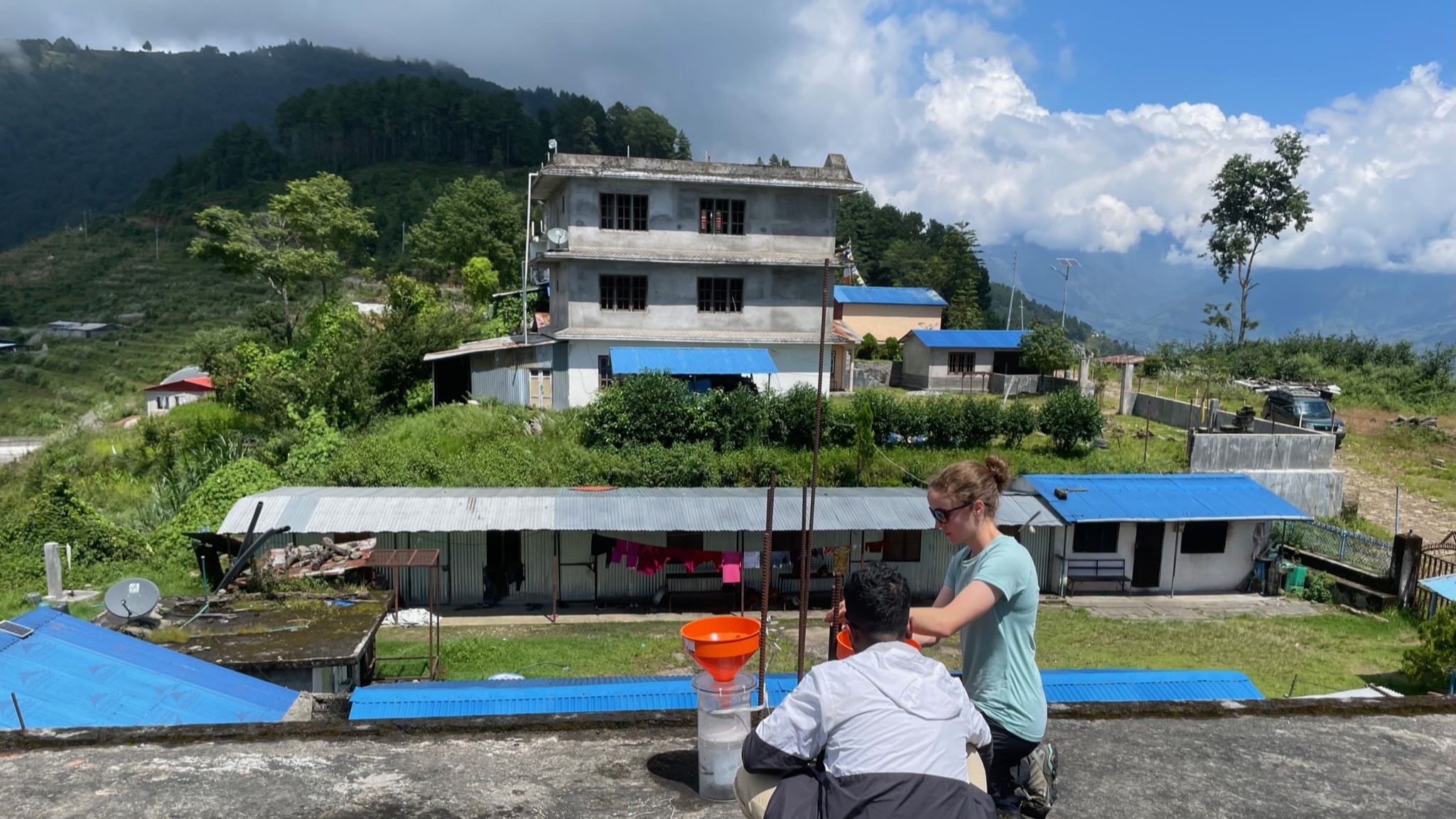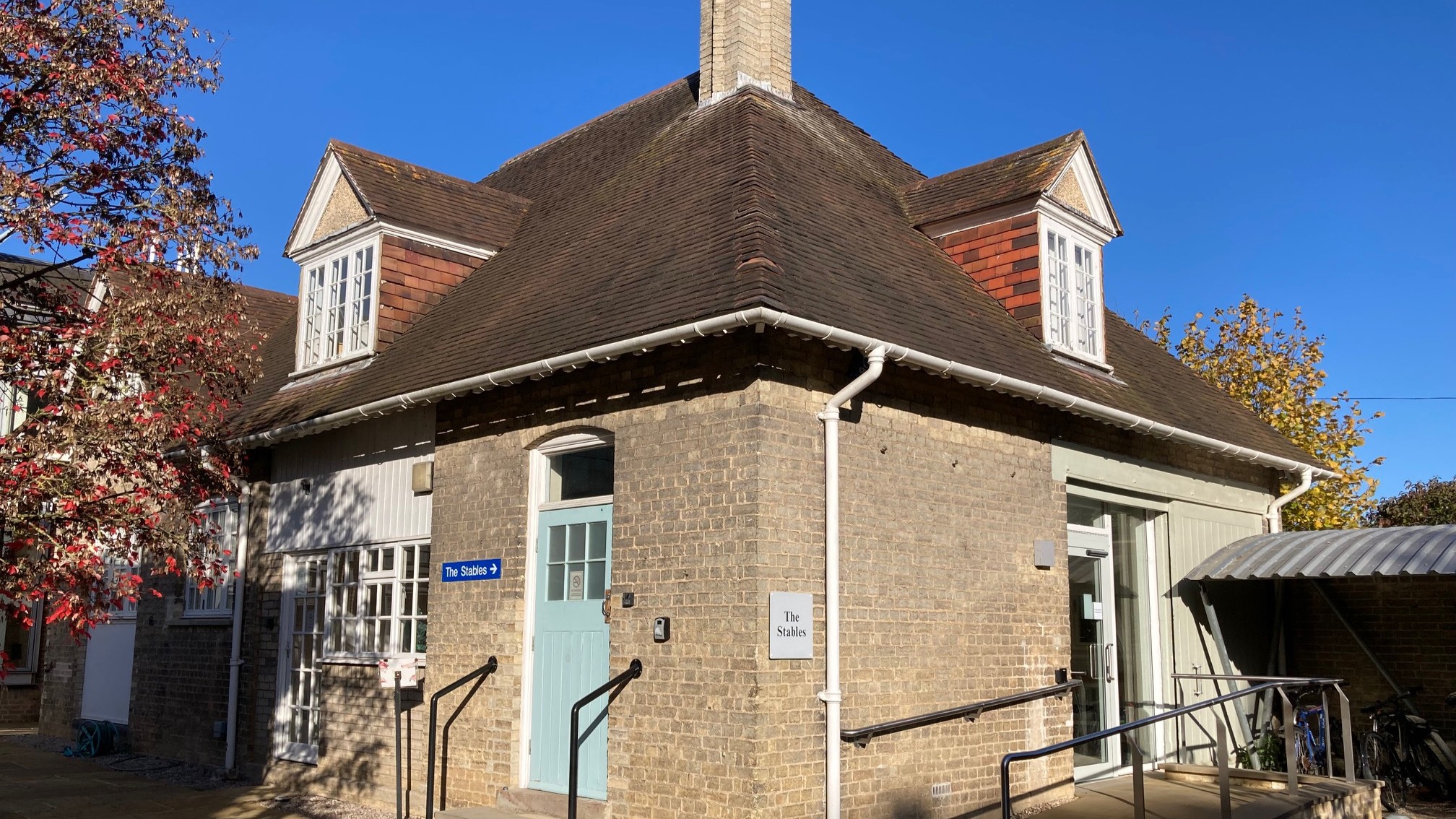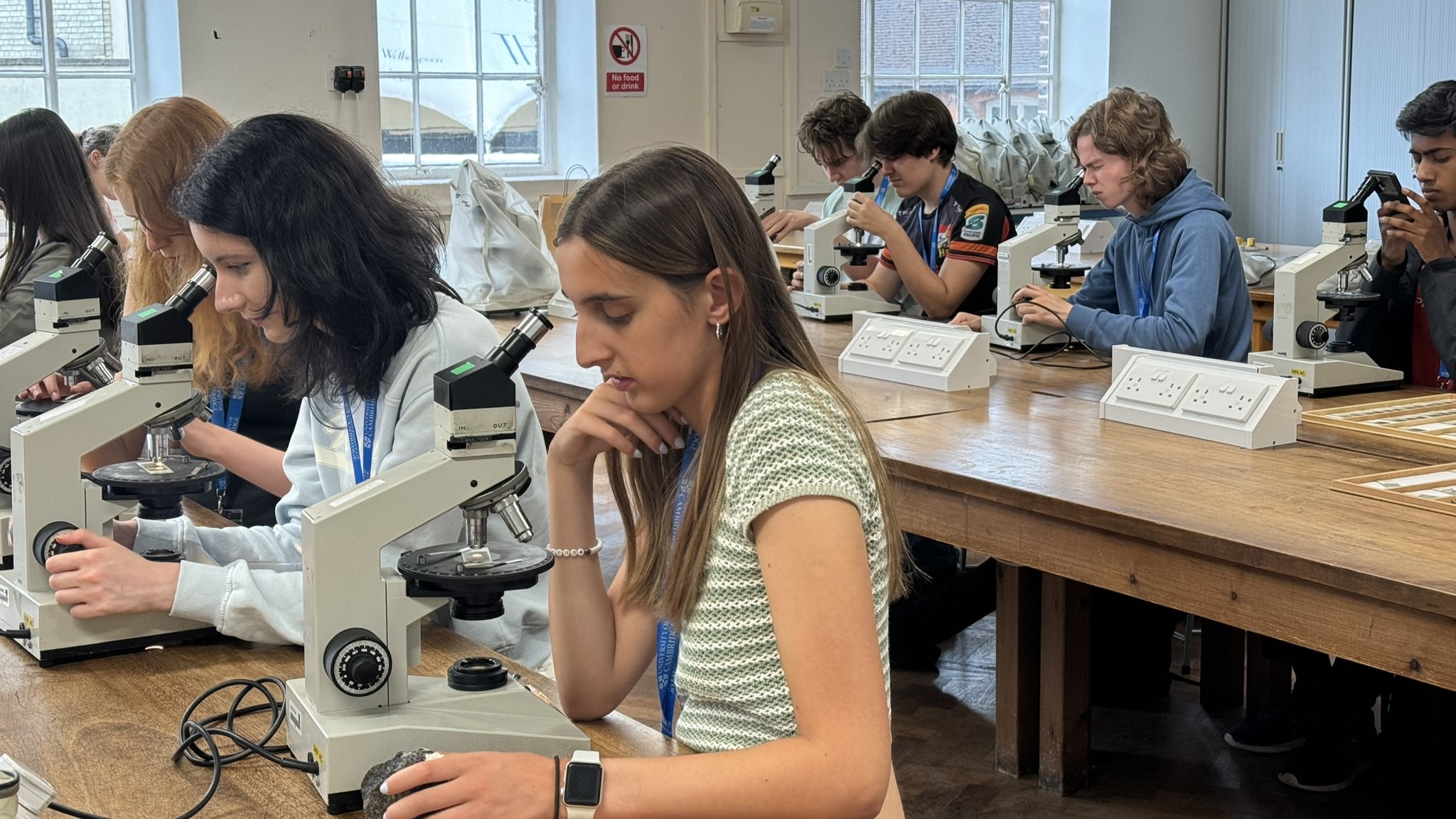Cambridge Earth Sciences PhD student Zhenna Azimrayat Andrews visited the Ocean Rainforest Inc.’s (ORI) pilot kelp farm, off the California coast, last summer. The results Zhenna gathered alongside an international team will help her construct model simulations of carbon capture using kelp farms. Zhenna reports on her fieldwork here.
Continue reading “Unlocking the carbon-capture potential of kelp forests”Exploring water flow paths in Nepal
Sitting on the ridge top, looking over the expanse of rice paddies dotted with villages, and views down the valley for miles, it’s easy to be captivated by the rural landscape of Nepal.
We’d come to the Melamchi Valley, a few hours outside Kathmandu, to continue fieldwork exploring spring flow paths and their implications for silicate weathering and carbon drawdown in the Himalayas. Our team included us (Zara and Gio, Part III students), trip leader Ed Tipper, PhD student (now successful Dr) Al Knight and two university students from Kathmandu.
Continue reading “Exploring water flow paths in Nepal”From magma to magnets: a summer of fieldwork in Greenland investigating critical metal behaviour in alkaline intrusions
This summer Carrie Soderman, Owen Weller and Charlie Beard headed to Greenland to investigate how metals critical for green technologies form.
Rare earth elements (REEs) are classed as ‘critical metals’ in modern society, meaning a group of metals and minerals that cannot be easily substituted in technology but whose supply is at risk. In particular, the REEs are a vital part of green energy transition technologies, such as the magnets that go inside motors for wind turbines and electric vehicles. Demand for these elements is therefore expected to increase rapidly in the coming decades.
Continue reading “From magma to magnets: a summer of fieldwork in Greenland investigating critical metal behaviour in alkaline intrusions”Hidden Department: The Stables at Madingley Rise
Carol Williams, author of ‘Madingley Rise and Early Geophysics at Cambridge’ spent 25 years working as a researcher at Madingley Rise between 1965 and 1993. As part of our Hidden Department series, she delves into the history of The Stables.
Continue reading “Hidden Department: The Stables at Madingley Rise”New Kids on the Rock: Sutton Trust Summer School 2024
At the start of August, ten sixth form students from schools across the UK visited Cambridge Earth Sciences as part of a summer school programme aimed at widening participation to top universities. Having myself graduated from the University in June, I was thrilled to come back to the Department and give the students an insight into studying Earth Sciences at Cambridge.
Continue reading “New Kids on the Rock: Sutton Trust Summer School 2024”Speaking the language of coral: using machine learning to predict future distributions of reefs
It’s hard to move these days for the number of AI-powered chatbots: including the now-ubiquitous ChatGPT. The possibilities are endless, from replying to emails to looking for recipe inspiration to end your four-day pasta streak. But the algorithms underpinning these bots can also classify information. Take a movie review, for instance: ChatGPT can distinguish between positive or negative feedback.
In my PhD research, I’m using the same algorithmic architecture that underpins these bots—also known as large language models, or LLMs—to classify decades of environmental data. Specifically, I’m asking: given historic and forecasted physical conditions in the ocean, which locations would get a positive review for their long-term ability to support coral and other reef-building organisms?
Continue reading “Speaking the language of coral: using machine learning to predict future distributions of reefs”In Conversation with Emilie Ringe
Emilie Ringe, Professor of Nanomaterials, has held a dual appointment between the Departments of Earth Sciences and Materials Science & Metallurgy since 2017. Emilie reflects on her research at the intersection of two disciplines with Erin Martin-Jones.
Continue reading “In Conversation with Emilie Ringe”Paleo-environmental controls on the rise and fall of the Ediacaran Biota
The Ediacaran biota pose a riddle that scientists have grappled with for decades. Found in three distinct biotic assemblages – the Avalon (575–560 million years ago; Ma), White Sea (560–550 Ma), and Nama (550–539 Ma) – these peculiar Ediacaran organisms may hold the key to unlocking the secrets of early animal evolution. Conventional studies tie diversity and ecological changes across these assemblages to biological radiation and extinction events. Can a closer look at the preserved paleo-environments that contain the fossils, using our sedimentology and stratigraphy toolkit, offer a fresh perspective?
